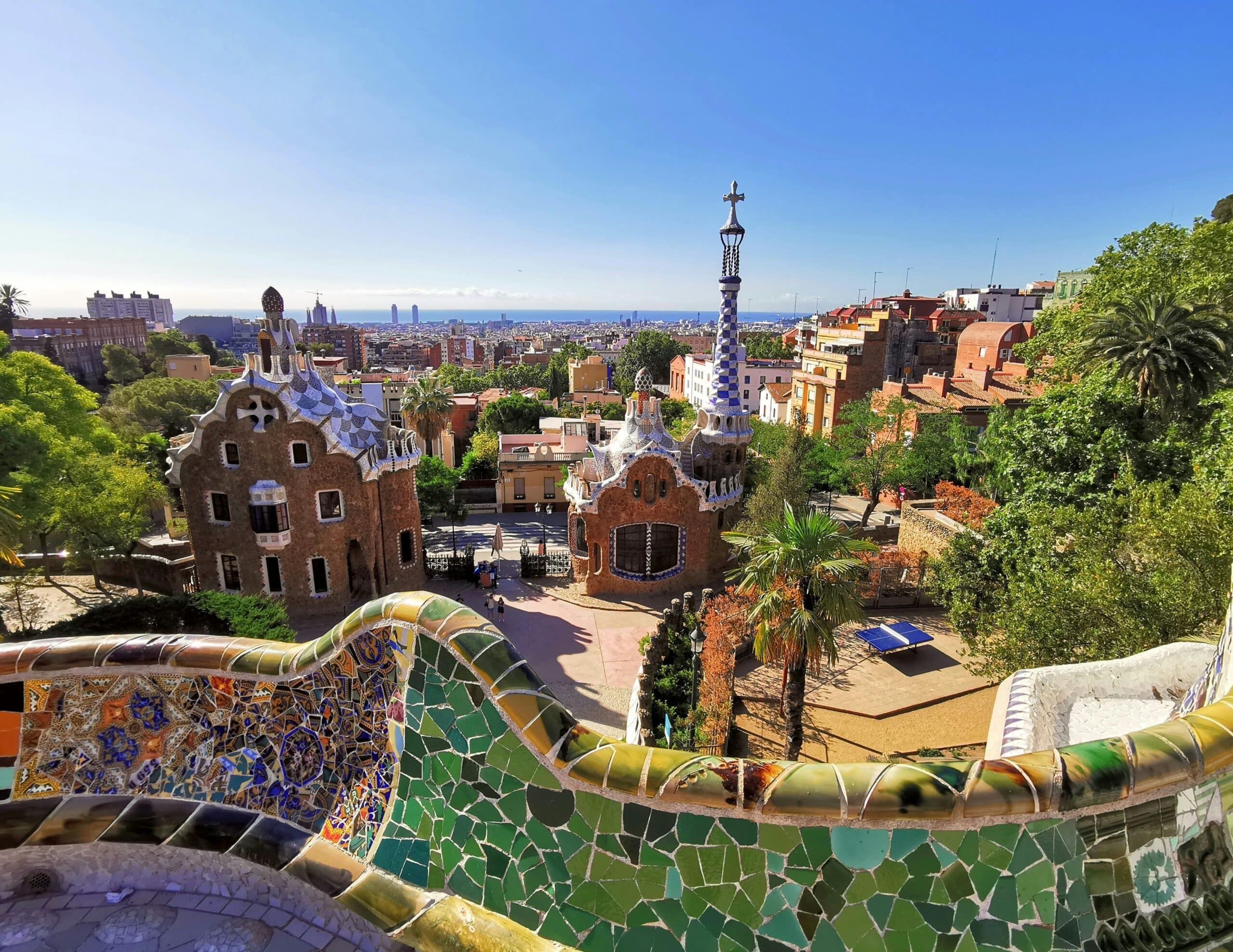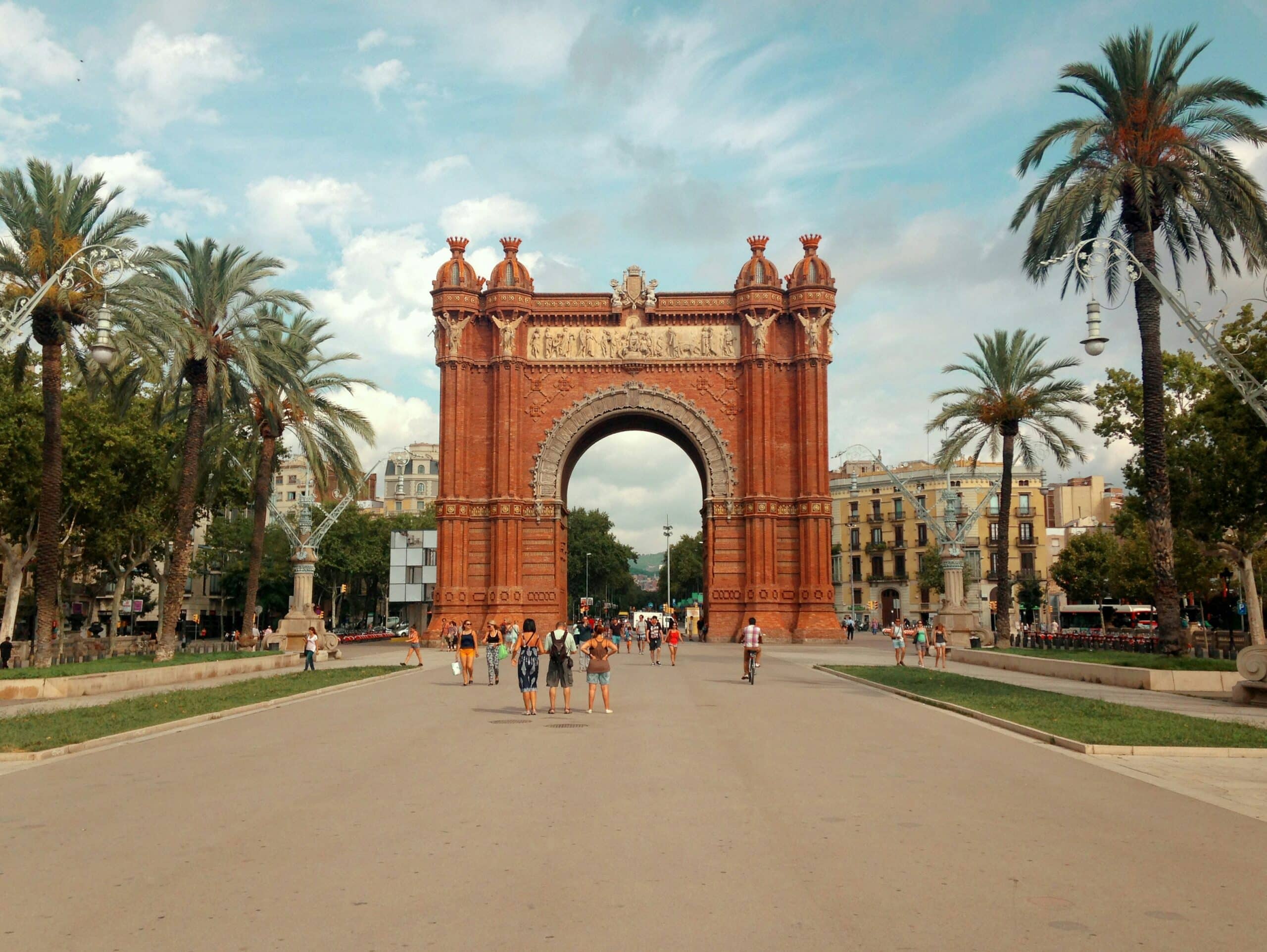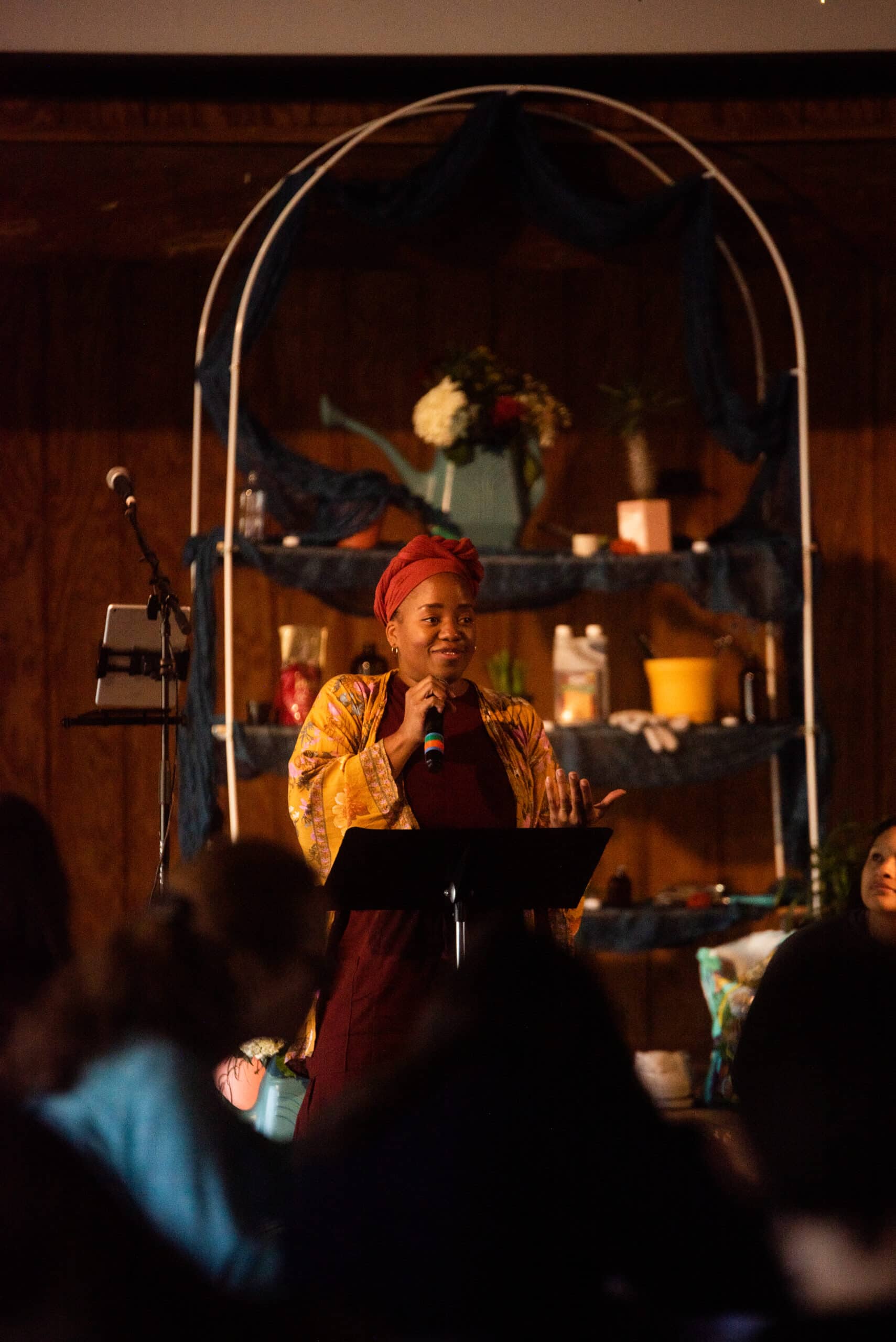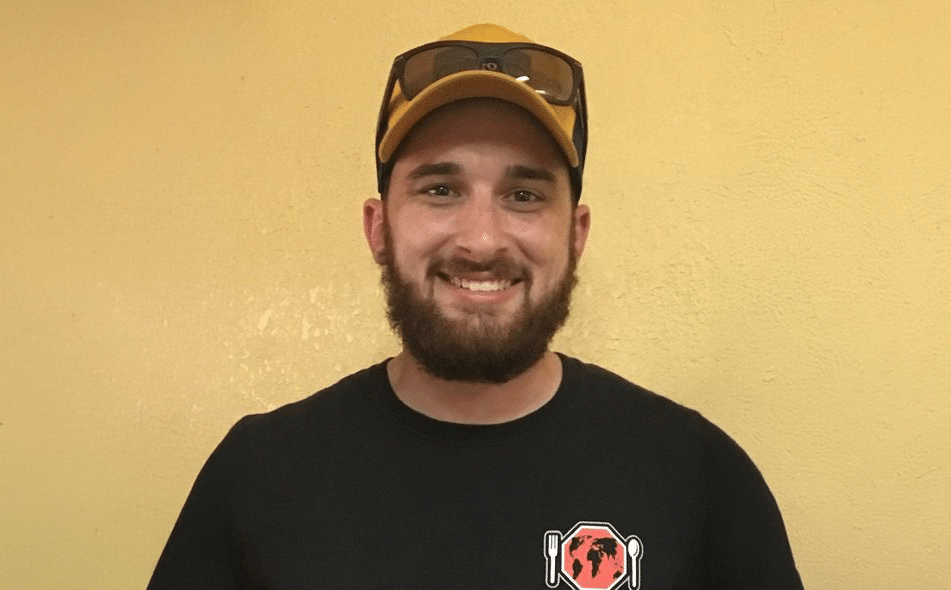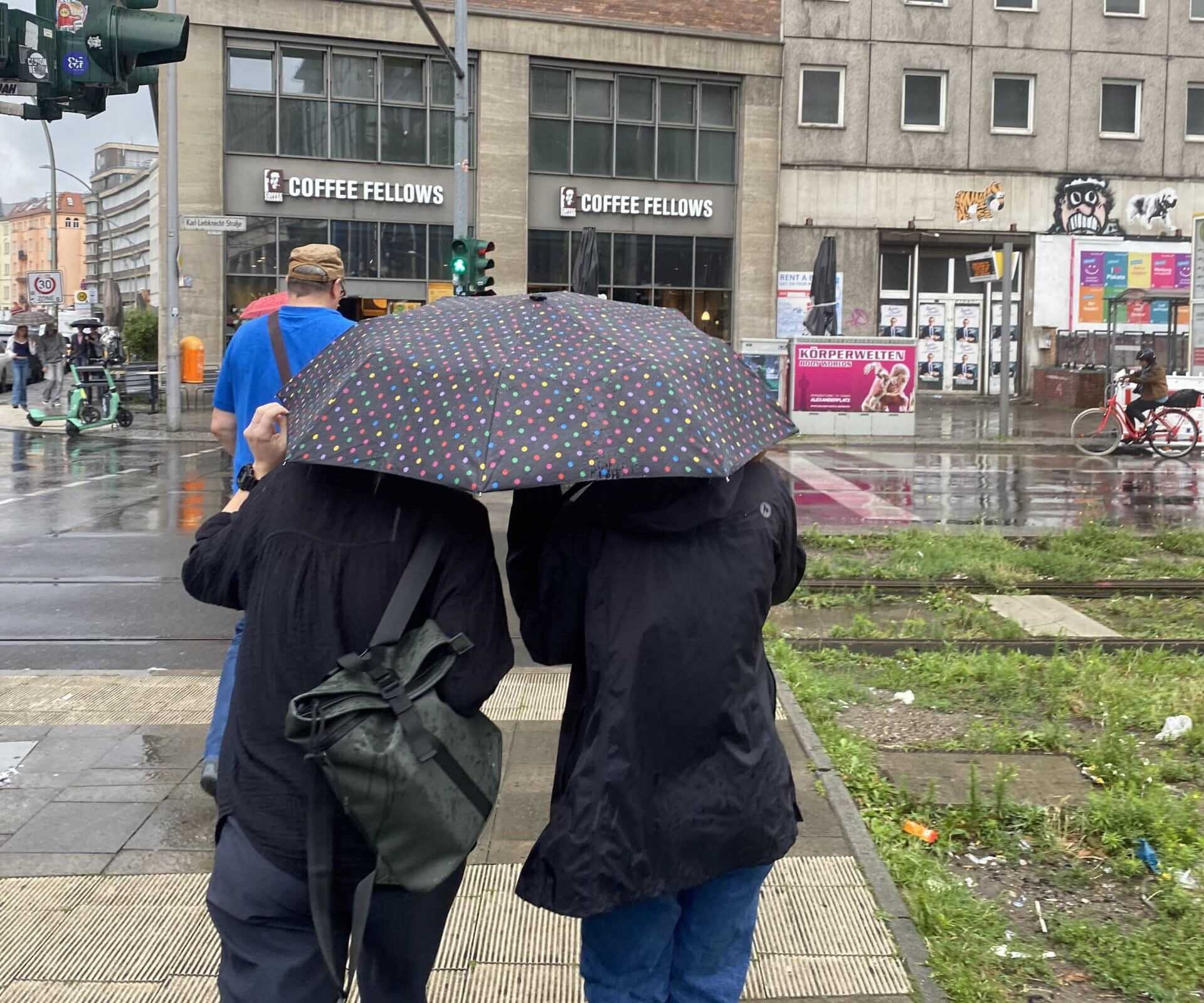Stories at The Well
WELL STORIES
Well Known: Spain
Reaching the nations until the whole world hears

John Mann's journey to Barcelona began with a simple but powerful step: prayer. Upon arriving in the city with his family, they dedicated the first week to praying and fasting, asking God to open doors for their ministry. Barcelona has a small evangelical Christian presence—only about 0.5% of the population. For a church to grow, there would be a deep need to share the gospel outside the walls of the traditional church building.
John connected with a local Catalan family who was eager to make disciples. In a place where the evangelical Christian population was dwindling, this group was determined to make a difference by reaching people outside the church—something that seemed almost impossible in such a secular and resistant culture. Their mission was simple: love God and love others. And the best way to love others was by sharing the good news of Jesus Christ.
One day, while walking the streets of Barcelona, John and his team met a man from South Asia sitting on a bench. They approached him and asked if they could pray for him. His response was unexpected: “He asked us for a cigarette,” John recalls. “We don’t smoke, but what we can give you is prayer.” They prayed for him, and soon, the conversation turned to the gospel. The man listened intently and, after hearing the good news, said, “Yes, this is something that I want.”
At that moment, John and his team realized the power of simple obedience. John shares, “We just went out and started sharing the gospel. And the first day that we went out to share, we met a man... and we shared the gospel with him in a very, very simple way.” This simple act of sharing the gospel led to the man’s decision to follow Jesus—and, eventually, to his baptism.
Within just a few days, the man expressed his desire to be baptized, despite the enormous cultural cost he would face. “We asked him if he was sure about this,” John shares, “because he would lose everything, culturally.” But the man, determined in his faith, finally asked, “Why can Jesus be your king, but He can’t be mine?” And so, John and his team baptized him.
This experience underscored a critical truth for John: obedience to the gospel is often costly, but it is always worth it. We can see that this is not anything new by looking at the book of Acts. In Acts 17, Paul goes to Thessalonica and Berea, preaching the gospel. In both places, many people who had never heard the gospel came to faith, including many Greeks. The same happens later in Ephesus, with several Greek occultists choosing to burn their occult material and profess faith in Jesus.
Why can Jesus be your king, but He can’t be mine?
Wherever Christ is proclaimed, there is freedom, and this is the sort of thing John Mann experienced firsthand. His reflections on missionary work reveal something deeper about the nature of the gospel: sacrificial love. He highlights the stark contrast between the challenges faced by Christians in the West and those in persecuted regions of the world. “Outside of the Western world, when our brothers and sisters share Christ, they’re not just being ridiculed. They’re losing their jobs. They’re being hunted down, jailed, killed... they’re having to flee from their countries because they want to proclaim who Jesus is.”
We can also look to the book of Acts and see that opposition to the truth is nothing new. In Acts 17, we see that in Thessalonica, wicked men dragged the people Paul and Silas were staying with into the street and before the local authorities, accusing them of crimes. These men went so far as to follow Paul and Silas to the city of Berea and continued to stir up crowds against them. In Ephesus, the rich craftsmen who constructed idols for the city did the same.
For many in the West, following Christ doesn’t come with the same risk. Yet, John warns, “In the States, we’re so focused on what more we can get, and we’re losing focus on what the true treasure is.” John reminds us that it’s not about what we can gain, but about what we can give to further the kingdom of God. The goal is to see people from every tribe, tongue, and nation come to worship before the throne of God (Rev. 7:9–10). This eternal perspective should motivate the church to act now.
John challenges us to rethink our priorities, asking, “What is worth more than to know that we have a hope to look forward to?” Finally, he shares a personal challenge for anyone who doesn’t feel burdened for the lost or doesn’t resonate with the call to missions. “If you feel like, ‘I just don’t resonate with this... I don’t care about the lost, that’s not my calling,’ please seek the Scriptures. This is God’s heart. Seek Him and ask God to soften your heart.” As John puts it, “If you’re not aligned with God’s heart, I promise you that is not a place where you want to be.”
The heart of God is for the lost, for those who have not yet heard the good news of Jesus Christ. And as followers of Christ, our calling is to join in this work of reaching the world with His love. Missionary work is not a specialized calling for a few but a commission for every believer. It requires sacrifice, faith, and the willingness to step outside of our comfort zones to share the gospel with those who have not yet heard. Whether in the streets of Barcelona or in our own neighborhoods, we are called to go and make disciples, to love God and love others, and to lay down our lives for the sake of the gospel.
When we hear that the harvest is plentiful but the workers are few, how will we respond?

